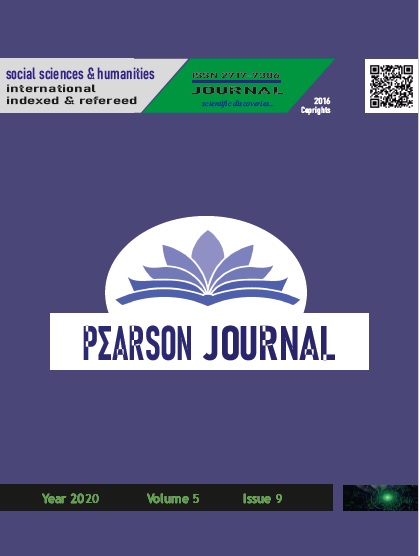THE POLITICAL ECONOMY OF THE PROCESS OF CAPITALIST DEVELOPMENT IN AZERBAIJAN (IN THE MIDST OF 19 CENTURY- THE BEGINNINGS OF 20TH CENTURY)
DOI:
https://doi.org/10.46872/pj.163Keywords:
Azerbaijan, capitalist development, socio-economic transformationAbstract
Azerbaijan is a country that went through a number of different phases under the control of many countries for long permanent and short temporary terms. It can be said that states founded by Azerbaijan Turks were active in the states existed in middle ages and modern times and empires that controlled the region during their hegemony periods. The most important breaking point of the political history of Azerbaijan Turkish people corresponds to the beginnings of the nineteenth century. Russian empire, that was rising in this period and started expand to south, interfered to the long term Ottoman-Iran struggle in this period. Russian empire achieved significant gains from the competition that included three great powers. In 1813 Gülistan and 1828 Türkmençay agreements Azerbaijan’s territories north of Aras River were annexed by Russia. Russia developed different formulas in regards of the regional governance after its occupation. But these formulas that are known as administration reform were changed frequently as they were bereft of permanent and problem solving qualifications.The important changes in the socially traditional and economic structures were made possible by the 1861 reform that abolished the serfdom system that existed in the Czardom Russia. These reforms’ results, which started in the Caucasus ten years later, explicitly revealed itself in the development of the petroleum industry in Baku. The capitalist development in Baku simultaneously caused developments in education, press and cultural fields. On the one hand the development of petroleum industry changed Baku’s economic and political features and on the other hand caused serious demographical transformations. Within the scope of this process social and political transformations gained momentum concurrently with economic transformations, Azerbaijan Turkish People’s nation building process broken new grounds.Azerbaijan society, which built on Islamic identity and lived in colonial system, made progressions in enlightenment and nation consciousness, ummah and nation concepts started find distinct meanings in the start of twentieth century. As in the history of other nations, economic and social transformations show up as mutually triggering and concurrent processes in Azerbaijan history. In this regard, examination of economy politic of the colonial system and nation building process is important for demonstrating the social economic side of nationalization process that Azerbaijan Turks went through




